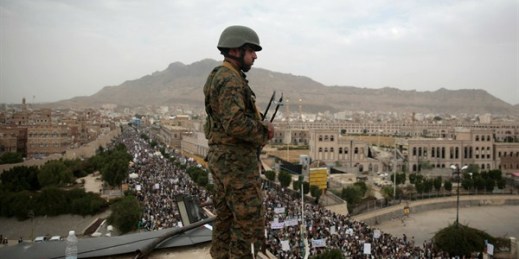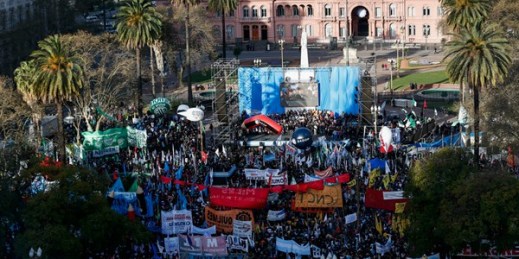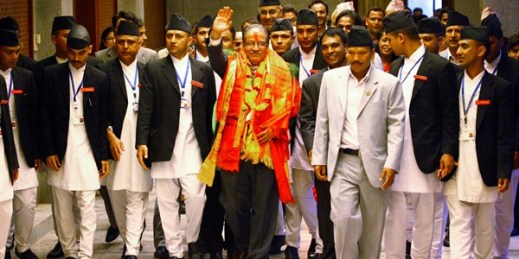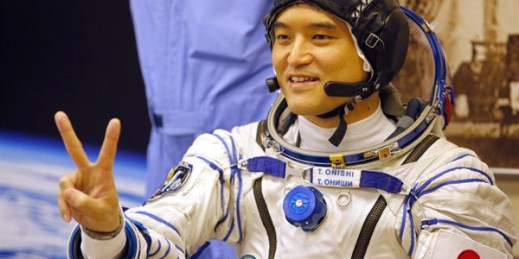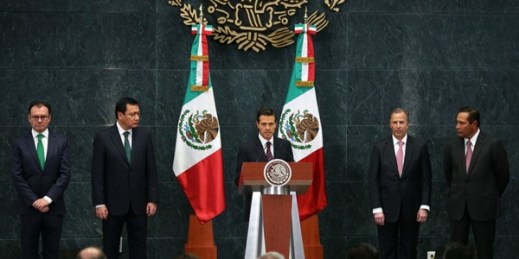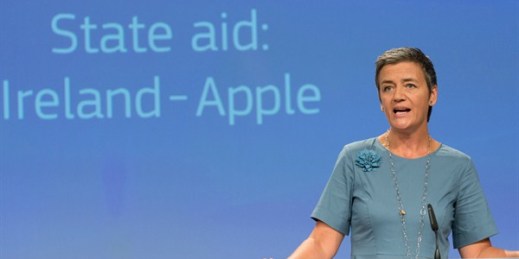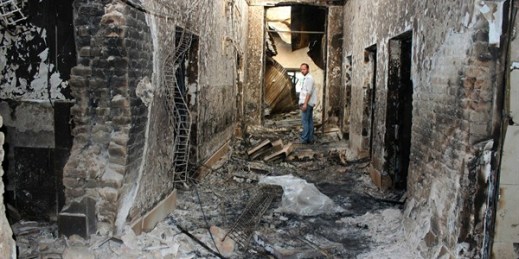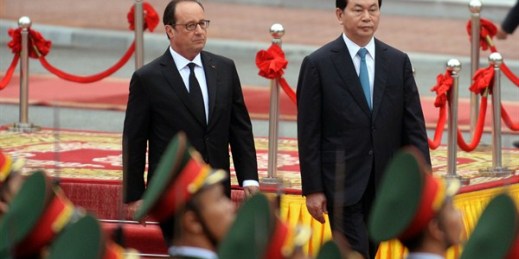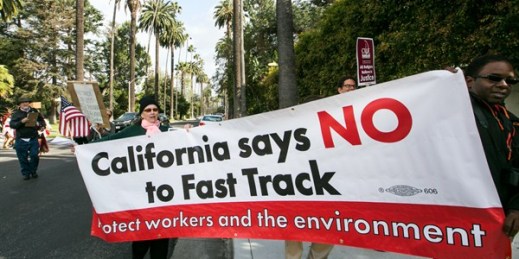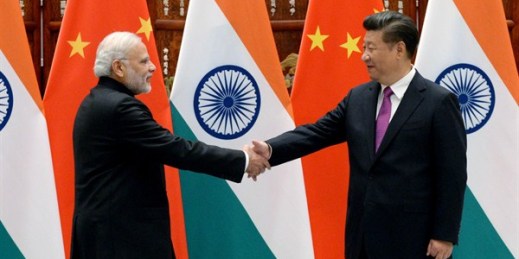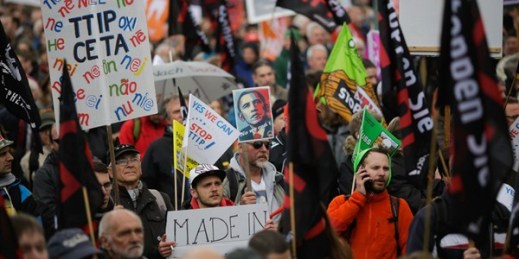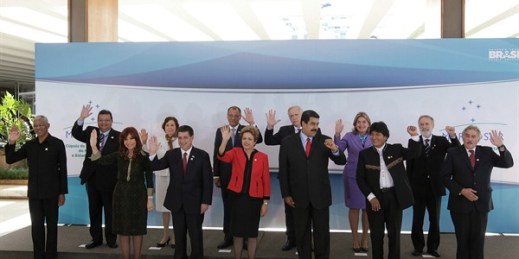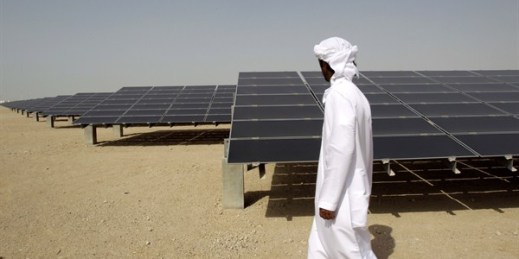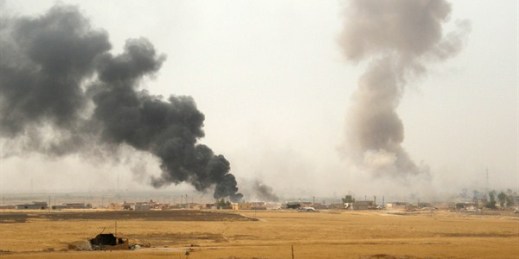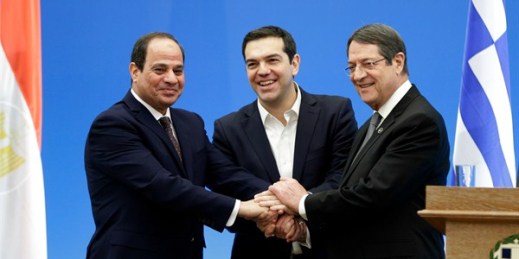
In recent years, Egypt, Israel and Cyprus have all discovered huge natural gas fields off their coasts, raising export potential and perhaps the prospects for better political ties in the region through new energy partnerships. At least this is the scenario that the United States is hoping for. Last month, U.S. Secretary of State John Kerry’s envoy on energy affairs, Amos Hochstein, told Bloomberg that “we’re just beginning to open the spigots of what is the potential for the broader region.” That is already evident in the improved ties between Israel and Turkey after their June rapprochement, motivated by gas […]

